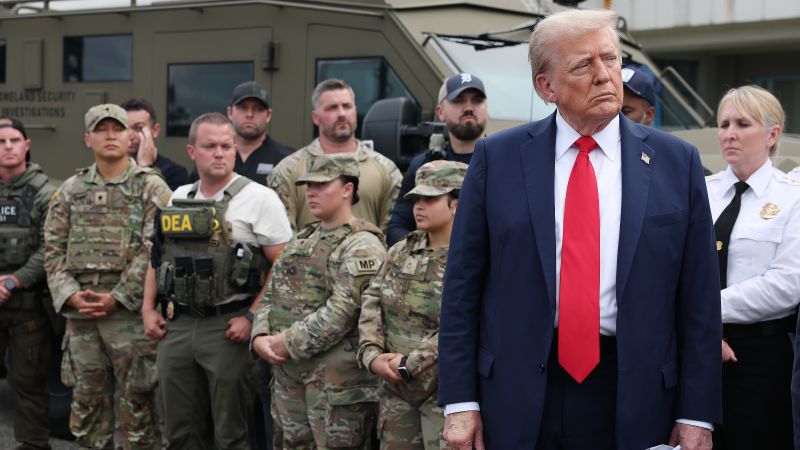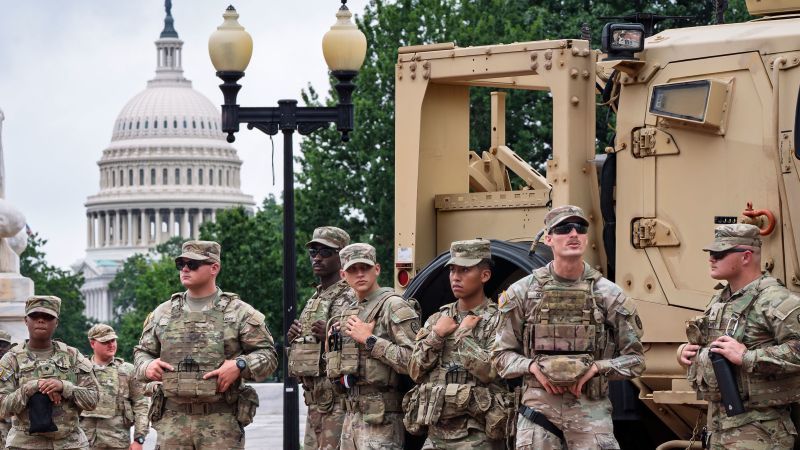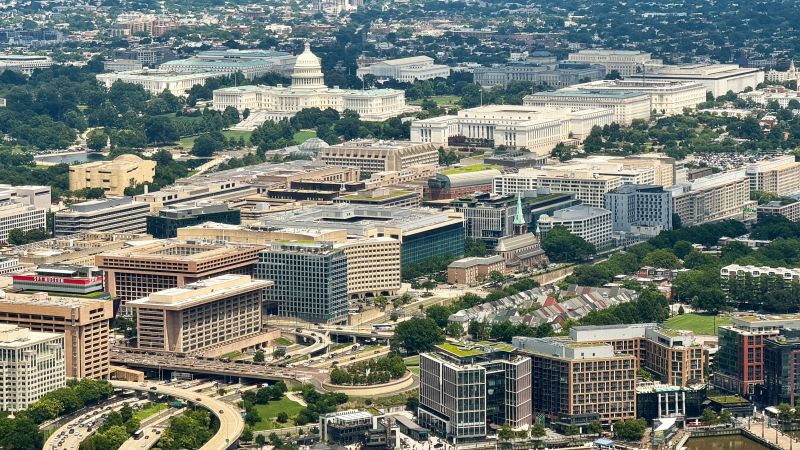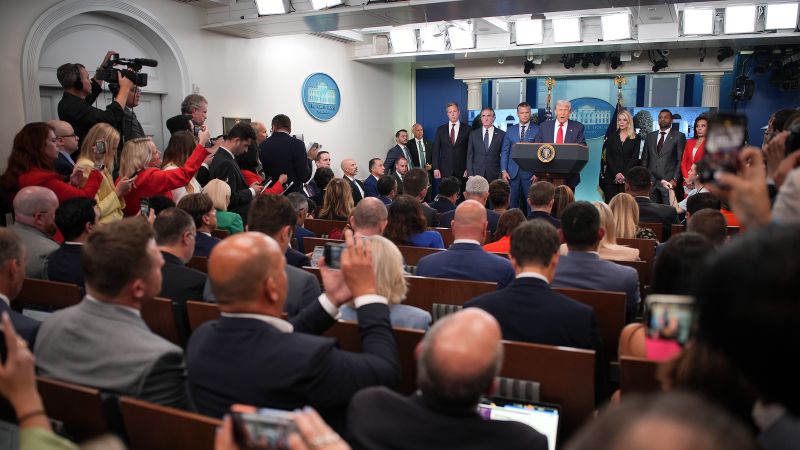
President Trump's Crime Crackdown Expansion Sparks Legal Conflicts
Politics | 8/25/2025
President Donald Trump’s latest move signals his ambition to extend his administration’s crime crackdown to major Democratic-led cities, sparking potential legal conflicts and heightened tensions. This expansion of presidential authority comes amidst growing concerns over the use of federal forces in Washington, DC, raising questions about the limits of executive power in law enforcement matters.
The prospect of deploying federal agents in urban areas like Chicago, New York, and Philadelphia has stirred a mix of support and opposition. A White House official, speaking on condition of anonymity, defended the initiative, stating, “The President is committed to restoring law and order in cities plagued by rising crime rates.” However, critics argue that such actions risk escalating confrontations and undermining local governance.
Legal experts highlight the constitutional complexities surrounding Trump’s aggressive stance on crime. The potential clash between federal intervention and states’ rights underscores the delicate balance between the federal government’s authority and the autonomy of local jurisdictions. This situation sets the stage for legal battles that could shape the boundaries of presidential power in law enforcement matters.
The President’s push to nationalize his crime crackdown agenda is seen as a strategic move ahead of the upcoming election. By targeting cities with Democratic leadership, Trump aims to draw a sharp contrast on the issue of public safety and position himself as a law-and-order candidate. This calculated approach is likely to intensify political divisions and fuel debates over the role of federal intervention in local law enforcement.
As Trump’s plans unfold, the nation braces for a potential escalation of tensions between the federal government and urban authorities. The outcome of these unfolding events will not only impact the upcoming election but also have far-reaching implications for the future of federal-state relations and the scope of executive power in addressing crime at the national level.


